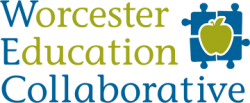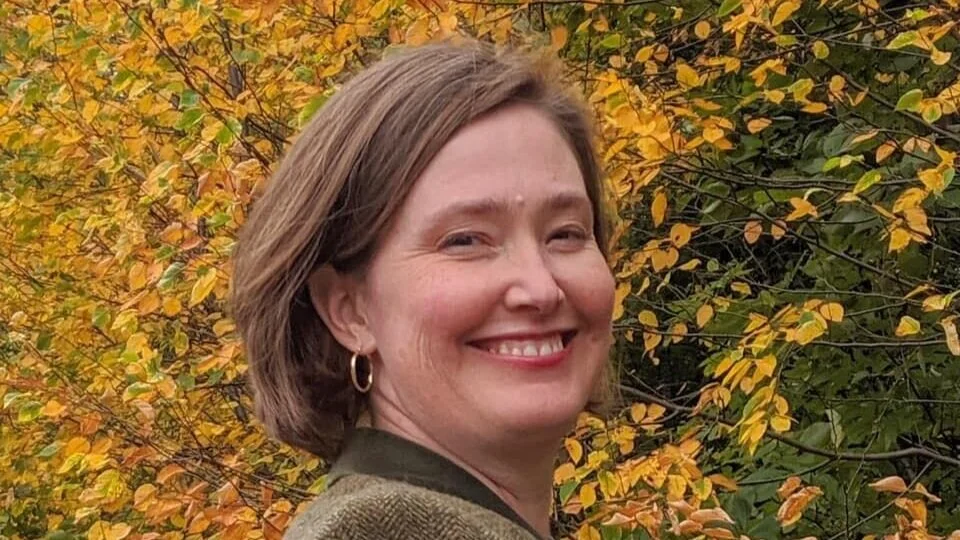School enrichment opportunities
Community resources and partnerships provide enrichment, imprint learning from school into a real-life context, and amplify learning that starts during the school day (before and after school programs, field trips, internships, cultural exchange curriculum, student volunteer work, etc.).
Question: How do you envision maximizing learning opportunities as extensions of or enrichment to the school day?
5 out of 8 candidates responded
Dianna Biancheria
“I will continue to strongly advocate for Perkins in chapter 74 funding. We have an opportunity to maximize learning opportunities with articulation agreements, partnerships within our community with businesses and unions. As we grow these connections are opportunities for students increase with the necessary benefits to continue to create success for all students. Setting college and career pathways has proven to be a key in sparking a students interest. Which then sets the vision of why they should attend class and participate in programs. Working collaboratively to fit the needs in interest of our students brings the purpose of attendance full circle. Connecting our students with internships in our community in enables them to experience real life careers and also increases the community tie. As a school committee member I have continued to advocate for the review and evaluation of Programs that provide benefits real life experiences for our students. As the former WPS District School to Career coordinator I have seen the true benefits of expanding career pathway opportunities outside the formal classroom.”
Jermaine Johnson
“I am excited about the new opportunities for the children in the Worcester Public Schools with the new South High, Doherty High School being built, hopefully a new Burncoat High School in the future, and what Worcester Technical high School has been in the city. This provides all children across the city to access different learning opportunities that are hands on, robust, and state of the art. We need to partner with our community businesses and increase internships, mentorships for our kids. There can be more summer job opportunities based off these special interest’s classes at these schools. At the new South High, the culinary arts program, automotive which is state of the art. We need to provide more after school programs, like the Black Excellence Program and offer more opportunities to children throughout the city, and partner with colleges and Universities.”
Jermoh Kamara
“This question addresses one of my five-point plan that I am running on, which is, to expand community partnerships. Grow relationships with businesses and healthcare, educational and non-profit organizations. Establish and properly staff an Office of Community Partnerships that would work closely with Worcester Educational Development Fund to align school and system needs with targeted strategic fundraising, in-kind donations, and other forms of outreach.
Secondly, this goes back to my comment about remote learning and after-school program offered by various non-profits in our city. We must look at the structural issues to fix what’s not working and expand what’s working for the benefit of WPS students and families. I envisioned more support for nonprofit that provide equality services, such a job description from WPS for the site administrators at the after-school program that work with the nonprofit to talk about the needs of the students during the after-school program. Site administrators should also have other tasks, they should help with the buses when the students arrive so that more time can be geared to helping the children with their homework or other activities.”
Sue Mailman
“I think there is much opportunity here and hope that we already consider these enrichment activities an opportunity to maximize learning as a necessity. Activities that allow students to go out into the world to learn, to take greater control of their own learning, and to discover and explore their passions is part of how we develop students as whole persons and give them a positive and impactful education. We should partner more collaboratively with the community and local institutions to expand these opportunities and consider using Student Opportunity Act (SOA) dollars in these areas.”
Tracy O'Connell Novick
“As former Mass Secretary of Education Paul Reville has repeatedly observed in his work since he left office, 80% of a school-aged child’s waking hours are spent outside of school, yet our expectation is that school should make all of the difference. How a child in this country spends their times outside of school varies directly with income, and affluent parents continue to spend more and more on their children.
Thus I do think it’s first important to note that this is less of a school issue than it is a societal inequity issue, and having, for example, the small school districts we do in Massachusetts, which allows for more affluent enclaves to fund their child’s education at substantially high amounts over the “fair and adequate minimum” mandated by the state only exacerbates the issue further.
The Foundation Budget Review Commission did receive testimony about this aspect of inequity in their work six years ago, and it did influence the recommendation that they made regarding the significant boost to low income funding that was codified in the Student Opportunity Act. Unfortunately, the preferred options from the Commissioner for SOA plans did not incorporate this, frankly, at all. I will say, though, that I think this is the sort of thing that ought to be part of those discussions.”
Shanel Soucy
Waiting for response from the candidate.








